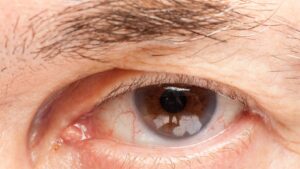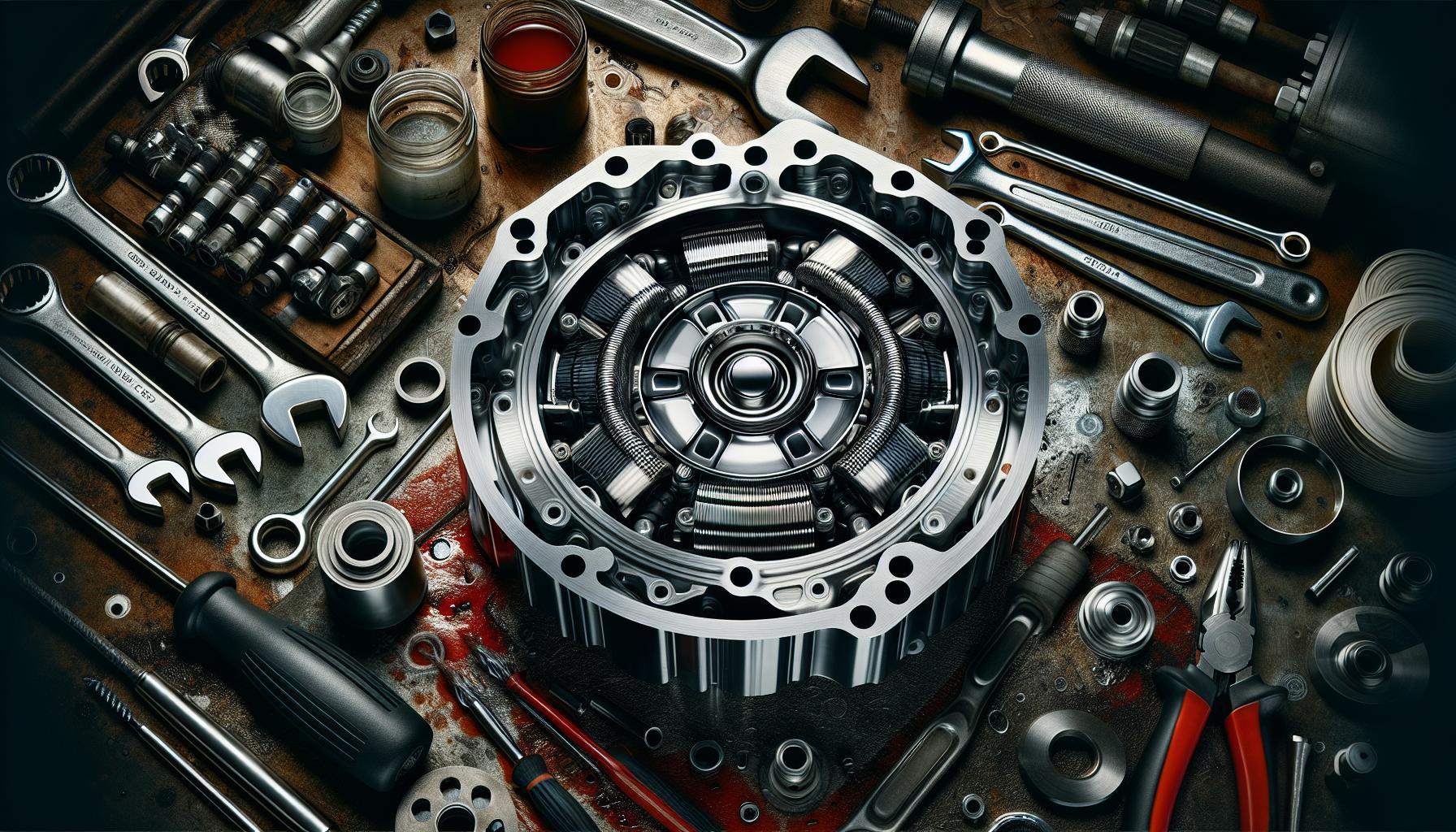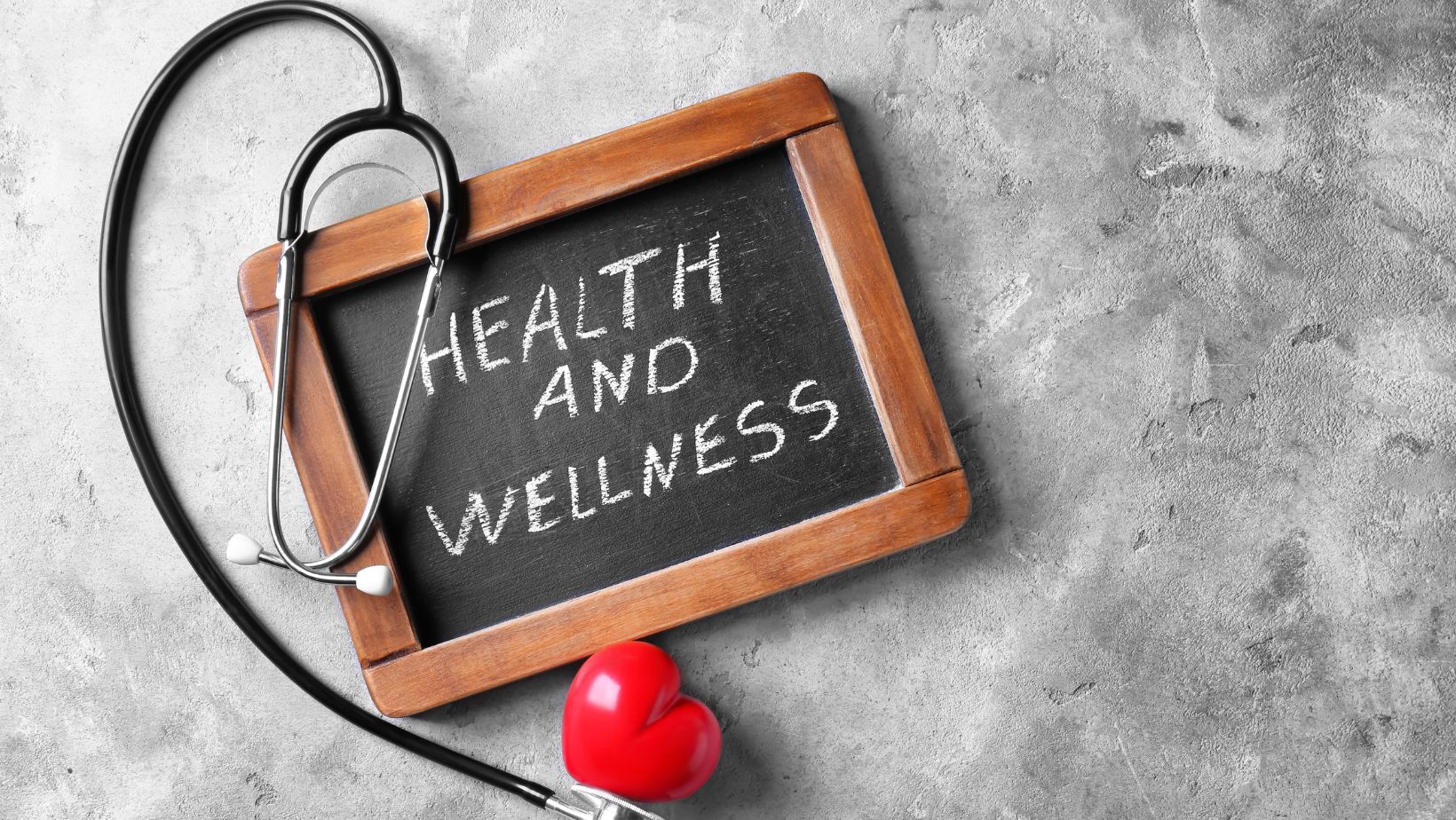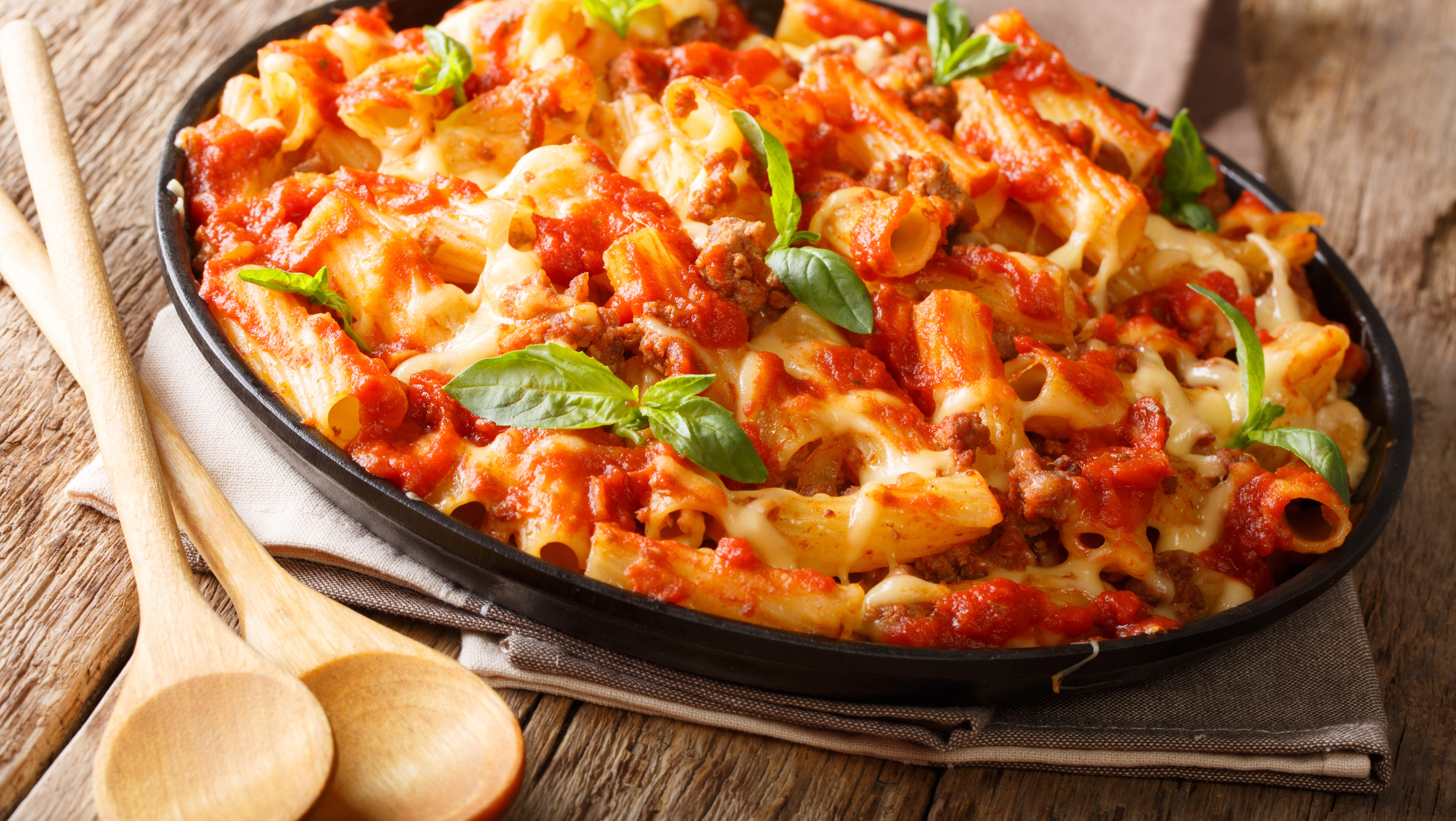Unlock Your Best Self
Discover Wellness, Fitness, and Nutrition Secrets for a Vibrant Life!
Featured
Nutrition & Diet
Key Aspects of 7 Brew Menu: A Guide to Making Nutritious Beverage Choices
Navigating the world of coffee and tea can be a daunting task, especially when considering nutrition. Enter 7 Brew, a popular coffee chain that’s been ...
Nutrition & Diet
A Balanced Critique of Kylie’s Whole Foods Philosophy
In the bustling world of health and wellness, one name stands out: Kylie. With her innovative approach to nutrition, she’s transforming the way we perceive ...
Nutrition & Diet
Unleashing the Power of Nutrition: The Comprehensive Guide to Best Life Nutrition
The journey towards optimal health isn’t a sprint, but a marathon. It’s about making informed choices that nourish your body, fuel your activities, and contribute ...
Fitness & Exercise Ideas from Ryldoria Vornik
How to Find the Perfect Personal Trainers in Vancouver
April 1, 2025
No Comments
Finding the right personal trainer can transform your fitness journey from frustrating to fulfilling. Vancouver offers a diverse range of certified fitness professionals, but identifying ...
Read More →
How Exercise Fuels Recovery from Substance Use and Improves Mental Health
March 13, 2025
No Comments
Recovering from substance use disorder is a deeply personal and transformative journey. It requires an individual to make significant lifestyle changes, rebuild their health, and ...
Read More →
Precision in the Operating Room: How Modern Tools Enhance Surgical Outcomes
March 4, 2025
No Comments
Surgical technology improvements have transformed treatment delivery, enhancing accuracy, efficiency, and patient outcomes. Combining contemporary instruments, from sophisticated imaging technologies to robotic-assisted surgery, has greatly ...
Read More →
The Importance Of Flossing Your Teeth Regularly!
November 22, 2024
No Comments
Tens of thousands of dentists around the world can’t be wrong, you should be flossing your teeth daily! Unfortunately, this important component of a good ...
Read More →
Nutrition & Diet Advice by Zyndorin Kryval

About
At our Wellness Tips & Advice, Fitness & Exercise, Nutrition & Diet website, we’re passionate about empowering individuals to lead healthy, fulfilling lives.























